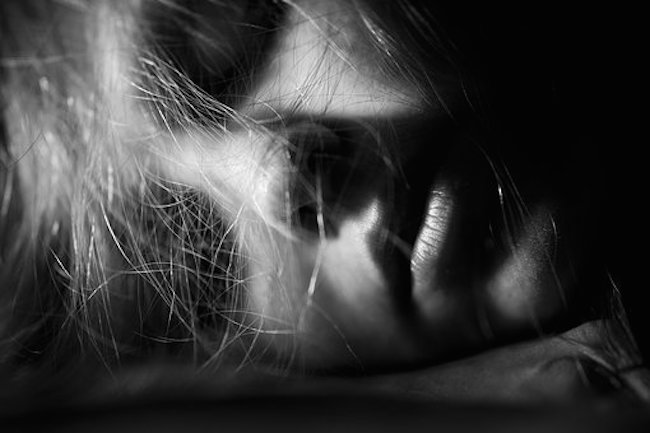Nature’s 7 Top Sleep Aids By GreenMedInfo Research Group
Avoid the risks associated with sleep medications carrying “black box warnings” of harm (including death). Nature has several effective sleep aids ready to stop your tossing and turning and escort you gently into dreamland.
Sleep is as individualized as it is essential to your health. Whether you generally fall asleep easily or are more of an insomniac, it’s good to have a few tried and true sleep aids on hand that are gentle, effective and, most importantly, non-habit-forming. You never know when jet lag, stress or an irregular period in your life may have you counting sheep and praying for sleep.
Despite the potential negative health impacts, drugs for sleep disorders are among the most oft-prescribed medications. When you need occasional sleep support, just say “no” to the hamster wheel of medication. Nature’s top sleep aids are safe, soothing and, unlike many insomnia medications, won’t leave you chemically addicted and feeling strung out in the morning.
1. Melatonin
A natural hormone associated with the sleep-wake cycle, melatonin is released by the pineal gland in the brain during evening hours, dropping in production when the sun rises.[i] When the body’s natural timeclock, your circadian rhythm, is disrupted by things like shift work, stress or exposure to blue light from screens, melatonin levels can become depleted. During such times, supplementing with melatonin may be a safe way to restore your natural balance.
Experts suggest using supplemental melatonin in harmony with natural practices, like taking it one to two hours before you want to fall asleep or around sundown. Stop using screens (this includes your phone) and dim the lights in your home. If you must watch TV at night, be sure you are at least six feet away from the screen.[ii]
You can further enhance the effectiveness of melatonin by getting exposure to natural daylight during the morning and afternoon hours. If you can’t be outside, sit by a well-lit window to stimulate production of your natural melatonin as the daylight fades.
2. Vitamin D
Exposure to sunlight is not only essential for maintaining a healthy circadian rhythm, it’s a primary source for photosynthesis of vitamin D’s precursor, previtamin D3.[iii] There are more than 1,000 known genetic processes that are regulated by vitamin D3,[iv] making adequate intake of this vitamin essential for your body and your sleep.
A 2018 meta-analysis of the association between vitamin D and sleep disorders found that study participants with vitamin D deficiency had a significantly increased risk for development of sleep disorders.[v] Further analysis found that low vitamin D was also associated with poor sleep quality.[vi]
There are two ways to get the right amount of vitamin D: proper diet/supplementation and adequate sunlight exposure. In addition to daylight outdoor activity, adding foods like pastured eggs and fatty fish, and if necessary, a vitamin D3 supplement, to your diet several times weekly will ensure that you are getting optimum vitamin D to support quality sleep each night.
3. Passion Flower
Passion vines produce passion flowers — a lovely addition to any garden. Did you know that the passion flower is also a treatment for insomnia? If you can’t avail yourself to passion flowers with a sunny stroll through a garden, you can enjoy the sleep-inducing benefits of Passiflora incarnata in supplement form and possibly kiss your sleepless nights goodbye.




